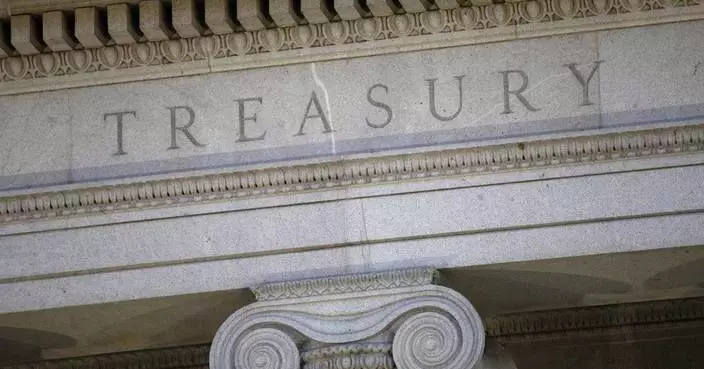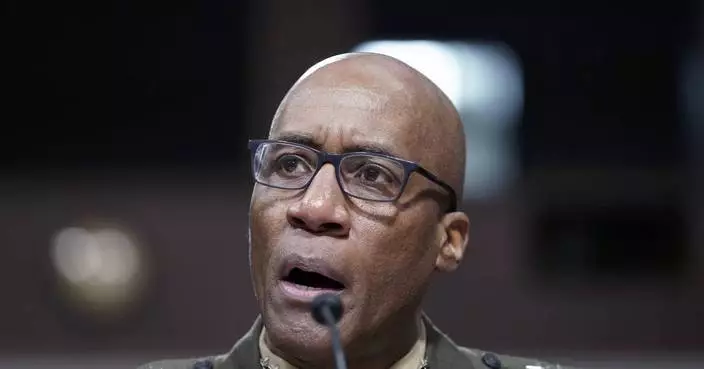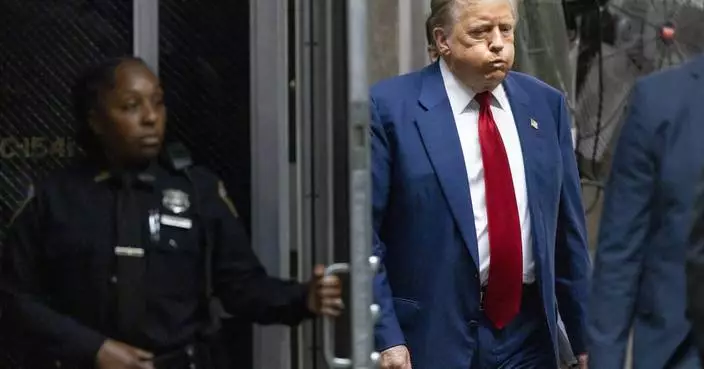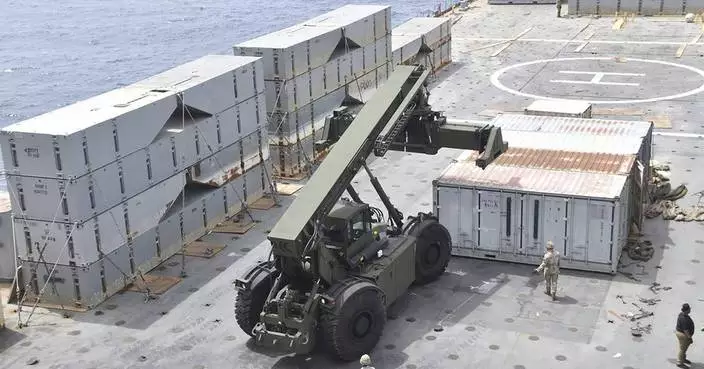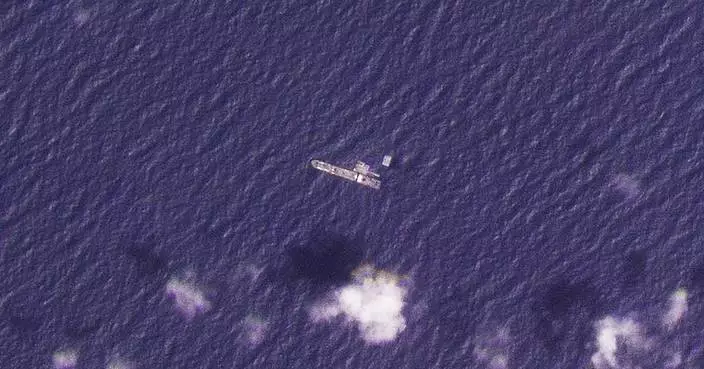Two brothers who played central roles in what Chicago police say was a staged racist and homophobic attack on Jussie Smollett are, compared to the "Empire" actor, so far walking away legally unscathed.
Police outlined their case against the 36-year-old actor at a news conference on Thursday, saying he paid the two brothers $3,500 to help him stage a bigoted attack against him early on Jan. 29 in downtown Chicago. Police say Smollett sought to drum up publicity for himself and was unhappy about his salary.
Although authorities detailed the parts Abimbola "Abel" and Olabinjo "Ola" Osundairo played in the alleged hoax, the head of the police department said Smollett "choreographed" the staged attack and that the Osundairos aren't considered suspects in the case.
Here's a look at why they may be off the hook:
Q: DIDN'T THE BROTHERS COMMIT A CRIME DURING THE ALLEGEDLY STAGED ATTACK?
A: Not necessarily. However odd a request, you wouldn't be breaking the law by asking people to pretend to beat you up. If that was as far it went, there would be no victims.
It would be a crime to report such a beating to police as a real attack, as authorities allege Smollett did. The victim in such a case would be the police, who wasted their time investigating the phony attack.
Smollett, who is black and gay, was charged under Illinois' disorderly conduct statute because prosecutors allege he staged the attack but portrayed it as real. Smollett reported that two masked men beat him, used racist and homophobic slurs, doused him in a chemical substance and draped a noose around his neck before fleeing. He also said they yelled "This is MAGA country" — an apparent reference to President Donald Trump's campaign slogan, "Make America Great Again."
Q: COULD ANYTHING THE BROTHERS DID BEFORE OR AFTER THE ATTACK BE A CRIME?
A: Possibly, said Gal Pissetzky, a Chicago-based defense attorney.
If they knew in advance that Smollett planned to call police to pass off the hoax as real and that the aim was to pressure Smollett's employers for a higher salary, Pissetzky said that could open them up to a charge of conspiracy.
But prosecutors may see such a charge as overkill for an incident that didn't result in major damages or injuries to anyone, even if it generated negative publicity for the city. Police say scratches on Smollett's face were likely self-inflicted.
"I don't think they are going to bother spending resources on charging them," Pissetzky said of the brothers. "They would rather get the big fish, Smollett."
Q: IS THE BROTHERS' COOPERATION A FACTOR IN THEM NOT FACING CHARGES?
A: Authorities haven't said if they promised the brothers they would not be charged if they cooperated. However, police Superintendent Eddie Johnson said Thursday that much of the evidence that made it possible to charge Smollett came from interviewing the brothers. That cooperation is almost certainly the main reason they haven't been charged.
They didn't open up to police right away.
According to Johnson, the American-born brothers left for Nigeria shortly after the staged attack and were detained Feb. 13 upon arriving back in Chicago. It was only after 46 hours behind bars that they agreed to talk, later admitting they helped stage the attack and offering details on how it was done.
Johnson said that if the brothers had held out and refused to speak for another two hours, reaching their 48th hour in custody, police would have had to release them and authorities might still not have reached the stage of charging anyone.
Q: WHAT ABOUT THEIR GRAND JURY TESTIMONY?
A: Police say the brothers were taken before a grand jury so their testimony could be "locked in." Defense lawyers say that refers to the practice of taking witnesses — especially reluctant ones — before a grand jury to get them to say everything they know under oath before they can even think about changing their minds.
Bringing the Osundairo brothers before the grand jury accomplished at least two things, Pissetzky explained.
First, it gives prosecutors the option of charging or threatening to charge them with lying to a grand jury if it ever looks like they might try to recant their statements about Smollett. Secondly, if they do recant, say, at a future Smollett trial, prosecutors could be permitted to read their grand jury testimony to trial jurors to challenge any contradictory testimony.




